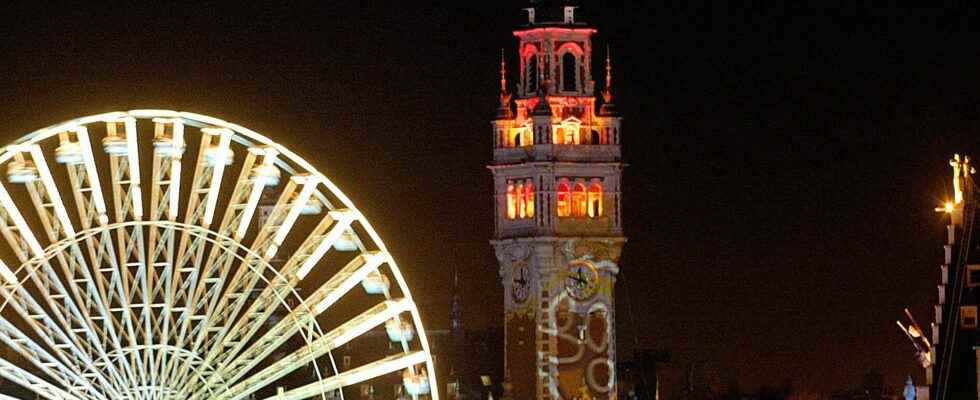Paris (1989), Avignon (2000), Lille (2004) and Marseille-Provence (2013). Does this list mean anything to you? However, it brings together the names of the four French territories which have won the title of “European Capital of Culture”, since its creation in 1985 on the initiative of two famous ministers in charge of this dossier: Mélina Mercouri (Greece) and Jack Lang. Knowing that this envied label is rotated between countries, France will recover it in 2028. Already, no less than ten cities are on the starting line: Amiens, Bastia, Bourges, Clermont-Ferrand, Montpellier, Nice , Reims, Roubaix, Rouen and Saint-Denis.
A before and an after
You can imagine: before starting, all of them carefully observed the results of their predecessors and, if they had to choose a winner, it would certainly be Lille*. “For her, there was undoubtedly a before and an after,” comments sociologist Anne-Marie Autissier, who has written studies on this subject. knew how to use this event to highlight its heritage, its geographical position and modify its image.
The capital of Hauts-de-France has also made it a real popular festival. The police were expecting 40,000 people at the inaugural “white ball”? It came… 500,000. In total, no less than 9 million visitors attended one of the 2,500 events organized in 2004. With, as a result, considerable media coverage (2,000 radio and television, 6,500 articles in the national press, 1,400 in the foreign press) and tourist numbers multiplied by 3.
A rich cultural program
But the most important thing is elsewhere: the Northerners have been able to register this success over time, and in particular in the urban landscape. The “mad houses”, which hosted concerts and exhibitions, have been made permanent. The Tri Postal, destined for destruction, has become a multipurpose place hosting festivals and artistic encounters. The Porte de Roubaix has been renovated. The Opera has reopened. Above all, local players launched Lille 3000, headed by the same artistic director, Didier Fusillier. A cultural program which reuses the places of Lille 2004, creates new ones and proposes multiple events. Lille 2004 triggered a lasting dynamic, going well beyond the cultural sector, while making the inhabitants proud of their city. Yes, a reference.
Avignon 2000, a real plus
Pragmatic When you have a famous theater festival, what need is there to be, in addition, a “European city of culture”? Jacques Montaignac, general manager of Avignon 2000, could answer this question for hours. But the main thing is in one word: money. “At that time, the municipality was very indebted and found itself almost without resources,” he recalls. Thanks to the precious label, the City of the Popes was able to set up a quality program, in particular the exhibition “La Beauté”, but also the creation of an opera (A thousand years are like a day in the sky, by Dominique Lièvre and Hubert Nyssen. while multiplying investments, such as the restoration of towers and the treasure room of the Palace of the Popes. Good game !
Marseille 2013, a mixed record
Lucid, “Marseille won because it was she who needed it the most.” This observation is not made by an embittered loser, but… by the winner. Bernard Latarjet was the general manager of Marseille-Provence 2013 and he is lucid. “We had a solid case, but we were chosen because this title could bring us the most.” Marseille, in any case, was able to seize the ball on the leap, thanks to the rare collaboration here of actors from the cultural, economic and political worlds. And the success was there: two million more visitors than an ordinary year (including 1 million on a sustainable basis); participation of 2 out of 3 inhabitants beyond the narrow circle of regulars of cultural structures; and leading urban developments such as the Mucem. “But there was no desire here to influence cultural policy in the long term,” notes sociologist AnneMarie Autissier. A shadow on the board.
*The case of Paris 1989 is separate. Designated by the government against its will, the capital hardly mobilized for the event, giving priority to the bicentenary of the Revolution and considering that it did not need this title to play the role of European capital of Culture.
